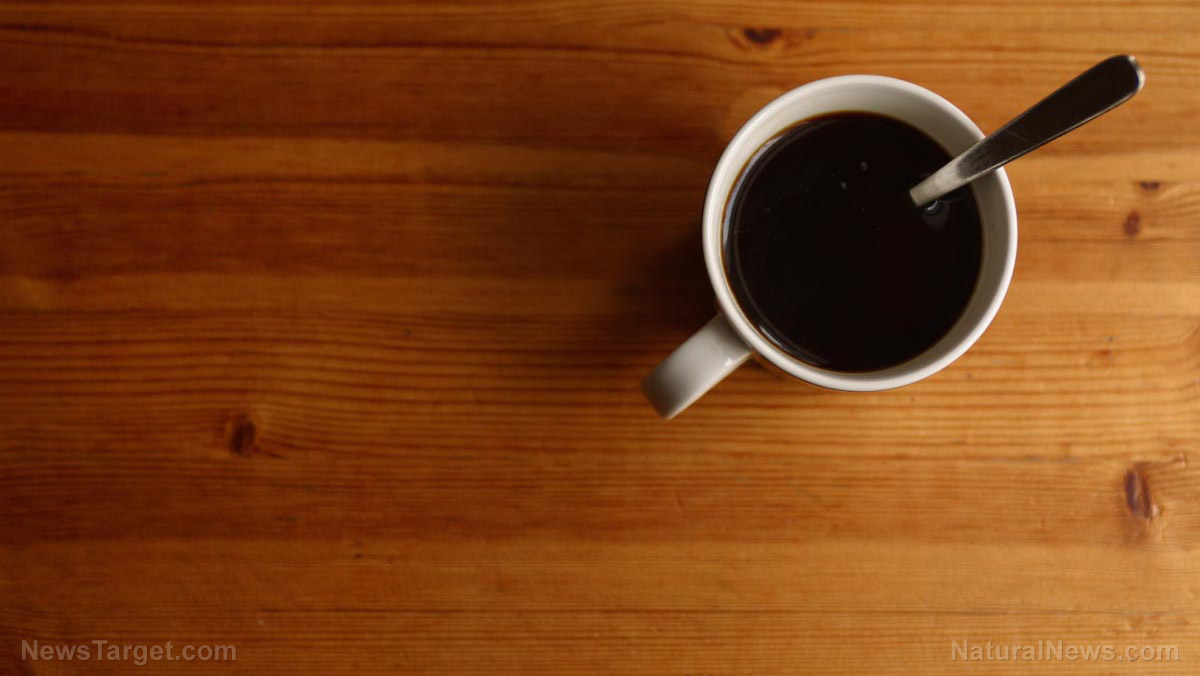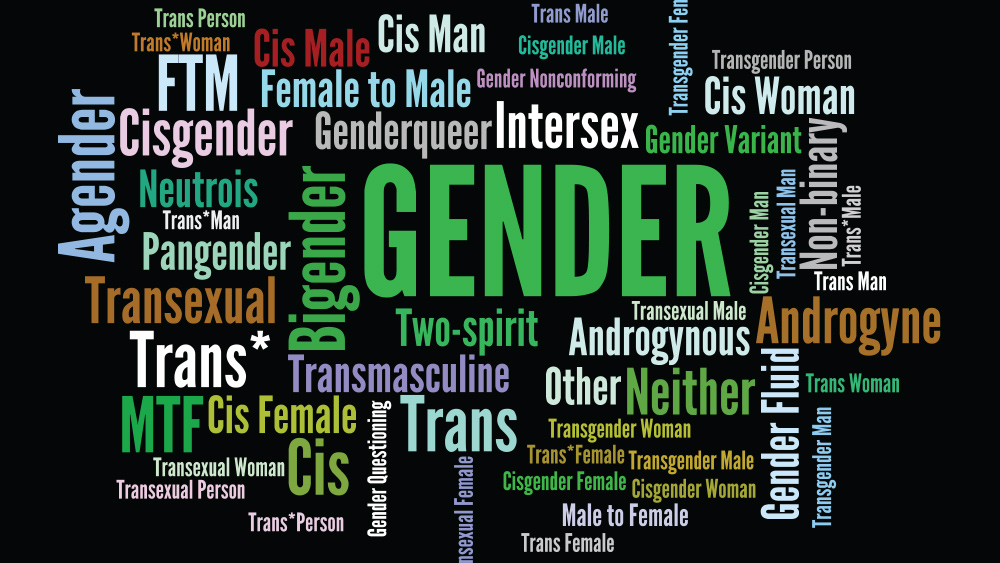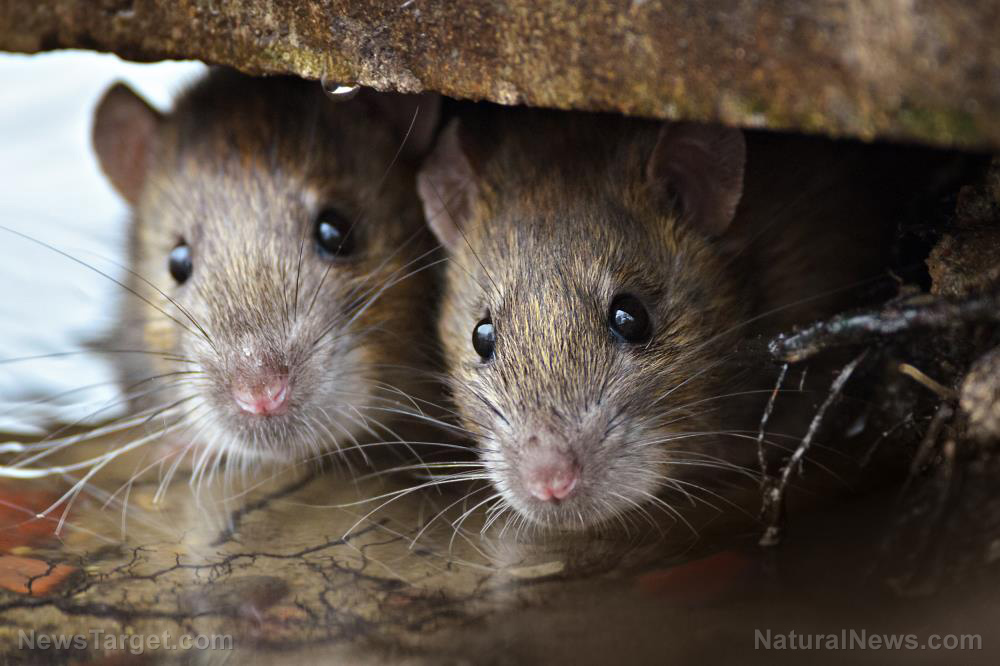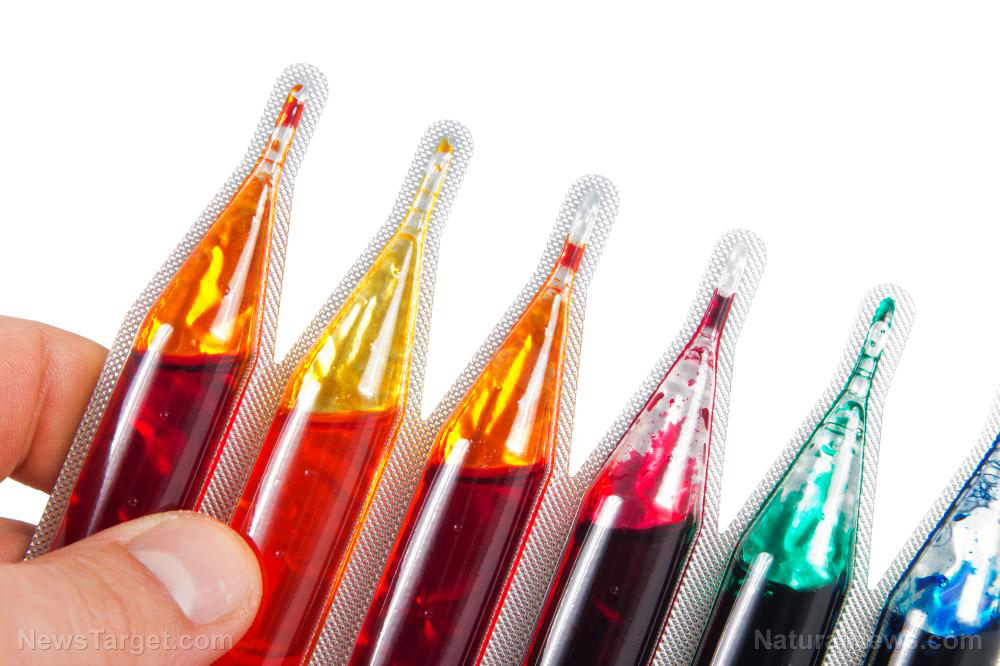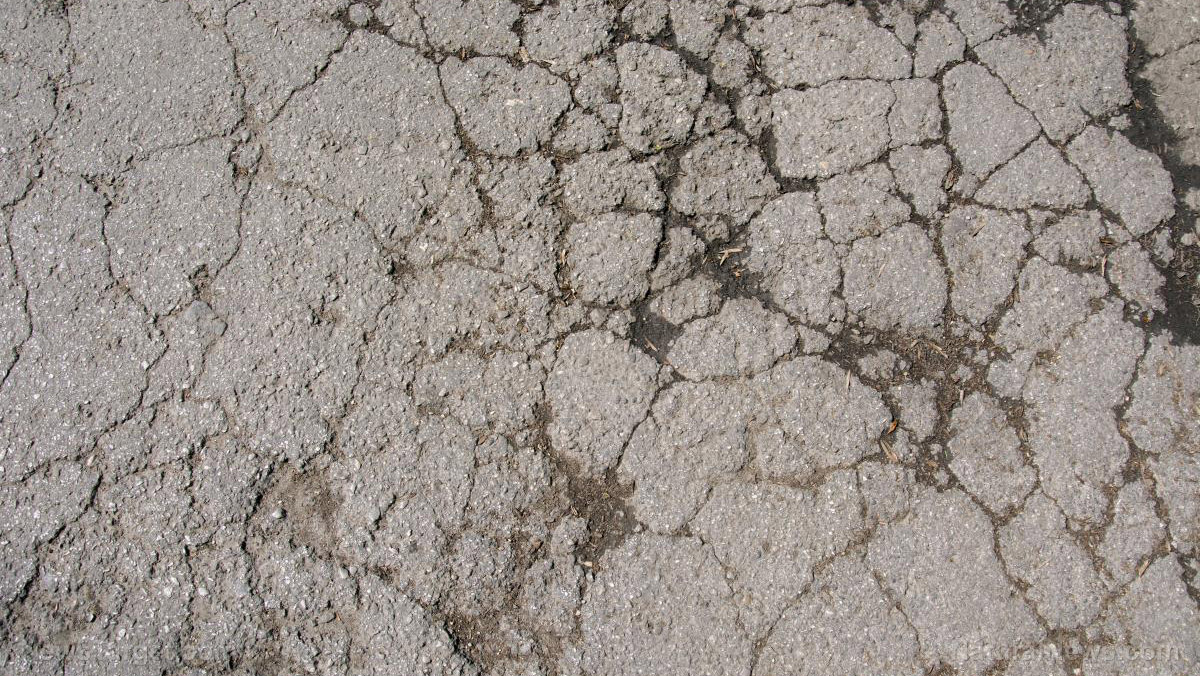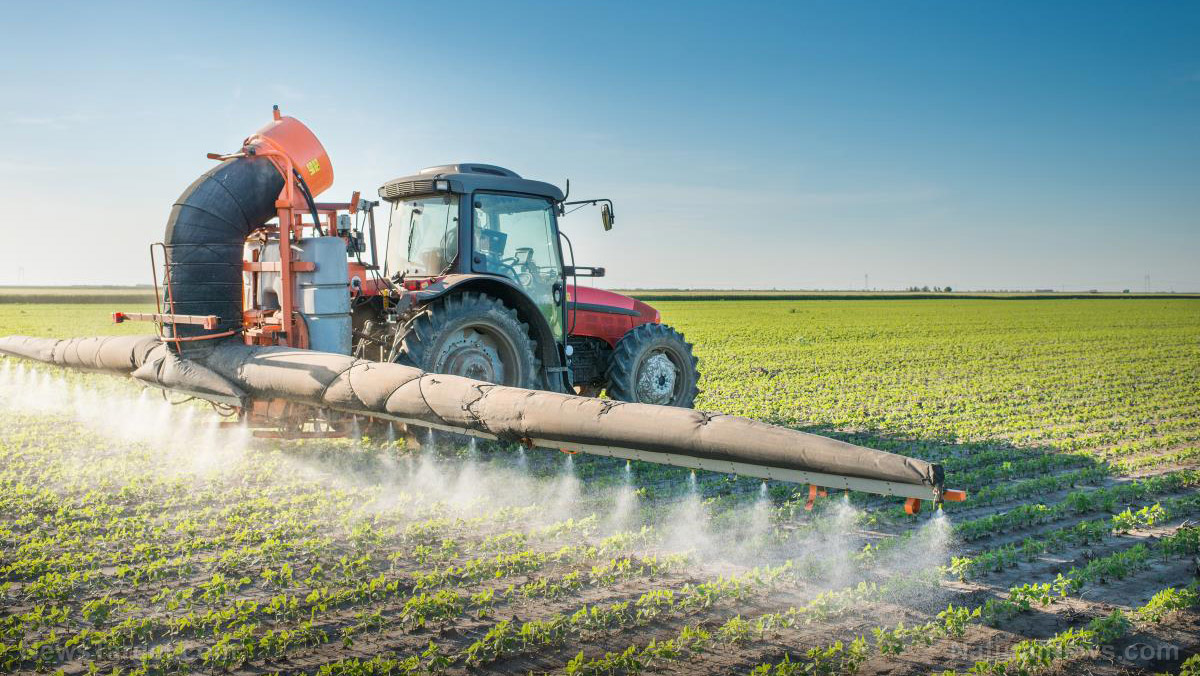NHS caught LYING about COVID vaccination records: Unvaccinated people marked as “vaccinated”
02/21/2024 / By Ethan Huff
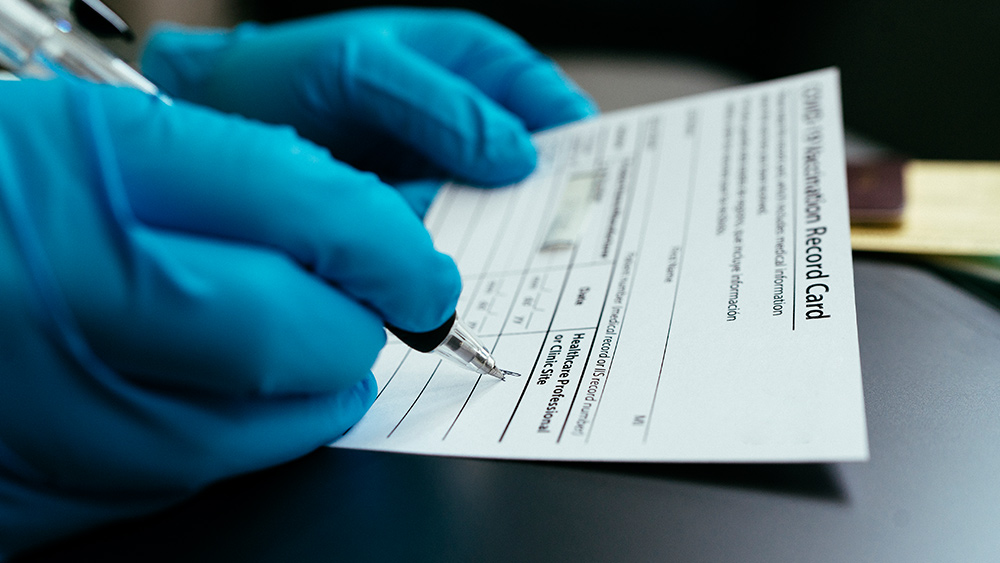
The personalized Wuhan coronavirus (COVID-19) app that the United Kingdom’s National Health Service (NHS) offered to Brits to keep track of their COVID “vaccination” status produced erroneous records, we now know, calling into question the legitimacy of the NHS itself.
Unvaccinated individuals like Joel Smalley say their NHS app showed as “vaccinated,” even though they never once received any of the COVID injections pushed by their government.
“How widespread is this issue?” Smalley asked, speculating as to whether this is due to “NHS incompetence, low level identity theft or higher level, systematic data fraud?”
Back in October 2022, Smalley wondered if any of the U.K.’s vaccine efficacy data could possibly be correct if there are major inconsistencies like this in the NHS tracking app for COVID injections.
“If you’re reporting rates (i.e., deaths per vaccinated/unvaccinated person days), getting the correct number for the vaccinated population is of paramount importance, right? But, one way of possibly getting it wrong is recording people as vaccinated when, in fact, they aren’t!”
(Related: Remember when BBC accidentally admitted that COVID jabs are responsible for the historic death spike seen all around the world?)
Fudging the numbers
In one of his WhatsApp groups containing six people, including himself, Smalley discovered that one of them also had an NHS record of COVID jabs despite never having received a single injection.
“Two of us have this spurious record,” Smalley said. “Yes, it’s a very small sample but two out of six?! That’s some coincidence, even for the mother of all coincidences.”
Two out of six is one-third, mind you, meaning that from this admittedly small sample size, the NHS figures about COVID “vaccine” safety are more than likely skewed to a massive degree.
“If one-third of the unvaccinated population is incorrectly recorded as vaccinated, it makes you wonder just how big of an issue this might be.”
The reason why this is so significant has to do with the fact that the NHS appears to be padding its COVID jab safety with unvaccinated Brits who, unlike their vaccinated counterparts, never received any of the poison. By doing this, the NHS is able to lie about the jabs being safer than they actually are.
Put another way, if loads of otherwise healthy unvaccinated people are entered into the NHS database as “vaccinated,” it skews the safety data in a more positive direction, making the jabs appear safer than they actually are.
If there were no unvaccinated people labeled as “vaccinated” in the NHS database, then the number of injuries and deaths would likely be much, much higher, resulting in scarier figures and an overall less-safe injection profile.
“Are these ‘issues’ the result of asking a gargantuan task of rapid, mass vaccination to be undertaken by people who simply weren’t up to the task and made lots of mistakes?” Smalley wants to know.
“Or … is there some malign activity much higher up the chain at work, deliberately setting out to inflate the vaccination numbers? You know, to avoid any ‘vaccine hesitancy’ that might otherwise ensue if people knew how many other people hadn’t fallen for it?”
“Or, perhaps to try and hide the onslaught of negative efficacy data that would be too apparent if they used the correct number for the vaccinated population?”
Another thing Smalley discovered is that he and his friend who are unvaccinated but labeled as “vaccinated” by the NHS are listed in the data as having received injections that were very close to their expiration date.
“What if this ‘issue’ is simply to cover up the fact that so much of this stuff would otherwise have expired, leaving both the practice and the manufacturer out of pocket for not jabbing up to their quota?” he asked.
More of the latest news about the COVID “vaccination” scandal can be found at VaccineWars.com.
Sources for this article include:
Submit a correction >>
Tagged Under:
big government, Big Pharma, conspiracy, corruption, covid-19, deception, discoveries, faked, fraud, insanity, lies, NHS, pharma fraud, propaganda, rigged, UK, vaccination, vaccine wars, vaccines
This article may contain statements that reflect the opinion of the author

